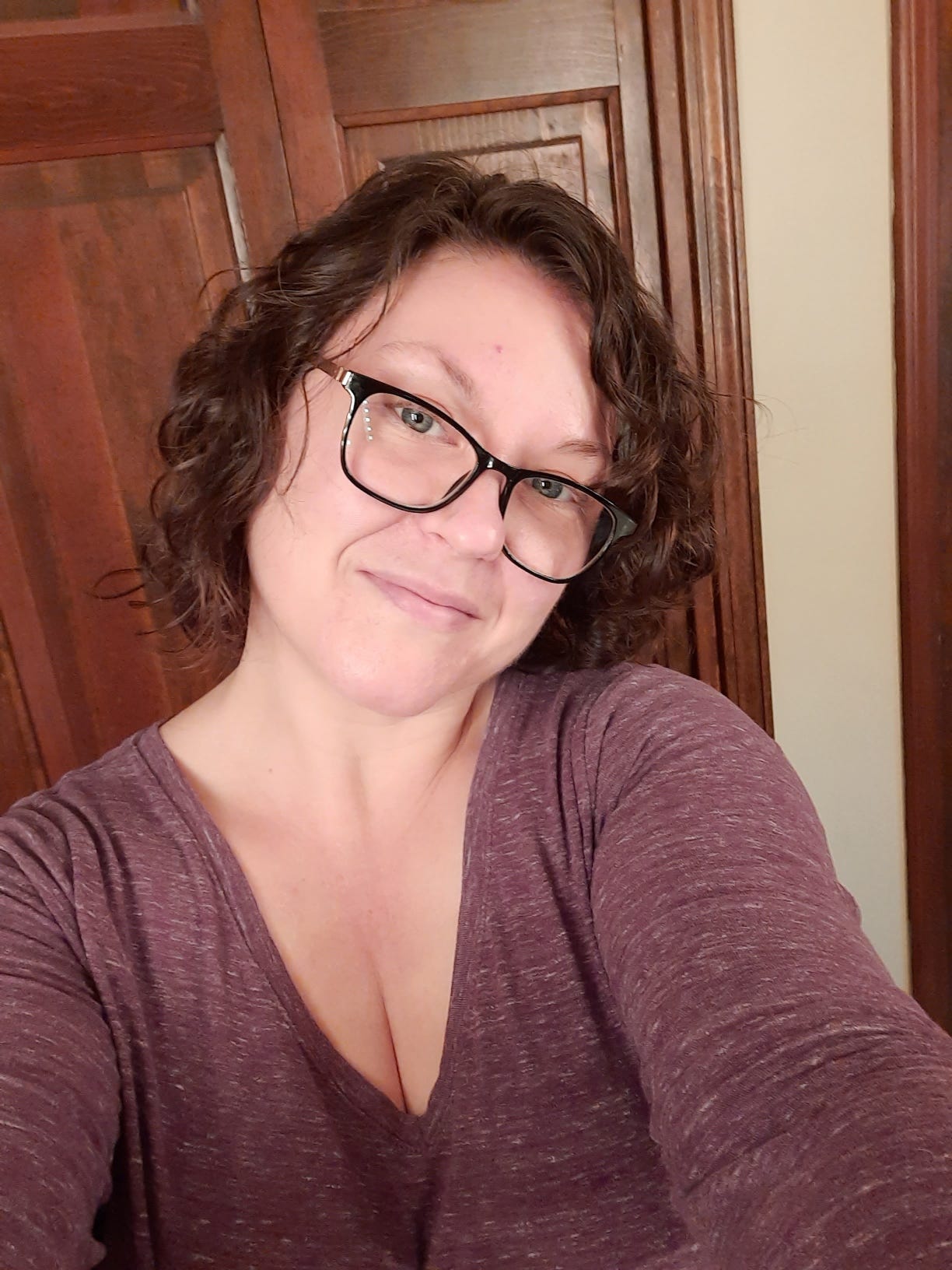Letting go doesn't mean moving on.
The anxiety of unfinished business prevents us from moving forward.
“What makes us cling to life even when it’s time to ‘move on’? Is it our unfinished business?”
- Henri Nouwen

I have trouble “moving on.”
I guess I never really liked that phrase. It always makes me cringe to hear cliches, particularly when they are tossed around as if they contain the fullness of truth or some unparalleled wisdom.
Moving on implies that we need to forget something, that we need to leave something behind. And there is, of course, partial truth to this. At a retreat I attended, I heard our then-bishop say, “We are always either moving forward or backward.” He was referring to our faith, but I think it can more generally apply to life. We are always moving forward or backward, even when we feel we’ve halted or become stagnant. Growth isn’t linear; sometimes we make strides ahead, and sometimes we regress.
When Henri Nouwen wrote the excerpt I shared in the beginning of this essay, he was speaking about the end of our earthly lives. He had written a beautiful book, which I often refer to when I speak on the topic of death, called, Our Greatest Gift: A Meditation on Death and Dying. In it, he often refers to the difference between “care and cure,” a timeless message that can be dissected in many different ways.
In the passage I selected here, he wrote about the unfinished business that keeps us stuck. Maybe we can use this metaphorically, too: What is it that I am afraid of beginning? Why am I stuck from moving forward, whether in belief or a project or a relationship?
When people have told me to move on in my life, it’s often because I am naturally introspective and tend to examine patterns that emerge from my past, which spill into my present-day experiences. I think reflection can be an asset of one’s temperament. It has served me well to think —and to think often —about the ways I’ve been blessed in the past, about how I have grown and changed and become who I am today, about the fullness of what I have already lived.
Looking back isn’t always about regret. It can be. I suppose regret and resentment and all sorts of ugly “unfinished business” can prevent us from surrendering everything. Maybe it’s also why we have trouble fully trusting. For me, looking back can be a temptation towards these, but more often it is a way to integrate all that I have learned and to at least try to become a better version of myself.
How else does one learn from mistakes? How else can a person change, if not to look back?
There will always be unfinished business when we die. We all leave behind fragments, incomplete projects, interrupted conversations, and unfulfilled dreams. Maybe that’s why it’s so hard to let go, to “move on” or move forward —because we will never accomplish everything we wish on this side of heaven.
And we’re not meant to. We’re meant to take the messes of every day and simply live within the questions, not the answers, to paraphrase Rilke. It’s the questions, the mystery, that provide a rich context for a life well lived. And when we die, we leave behind some parcel of ourselves that will, indeed, live on in this world, whether it be through children and their progeny or the way we changed someone’s life for the better or a work of art that immortalizes our memory.
Nothing can be completed, because the completion only happens when we reach the end of our life. Everything both complete and incomplete contributes to this long, labyrinthine road of our existence. We don’t always understand it. I know I don’t. In fact, the older I become, the less I really comprehend. Most things are shrouded in this gray mist of The Unknown, and I have spent a better portion of my adult years trying to be at peace with what I don’t know, or with what simply cannot be known.
So maybe that means I don’t “move on” very well or easily or at all. I’ve learned that being stuck in rumination, in which I circle through the what if questions ad nauseam, can be dangerous. That’s an impediment to my growth. But I’ve also given myself space —and permission —to sit with the tension of what remains unresolved and unfinished for a time, at least as long as it takes for me to say, “Okay, I’m ready to let it go.”
I’d rather leave everything wrapped in a tidy bow when I die. I don’t want incomplete manuscripts and half-organized file cabinets and arrays of unsorted recipes lying around for my offspring to deal with. The concept that not everything will be finished when I die makes me nervous. But it’s the same anxiety I feel when someone ghosts me or I can’t finish an intense discussion with Ben before we’re interrupted by one of the kids.
What is incomplete in life can, and must, eventually be released. Sometimes partially written manuscripts go untouched for years but are then revived unexpectedly after an author experiences something specific or has gained new insight. I think that’s what it means to leave the unfinished business alone when we’ve done all we can do. Maybe that’s what it means to move on, too —not to forget, but to let some things be half-accomplished, half-resolved.
And then to trust that what is meant to come to full fruition will do so, in its time.


